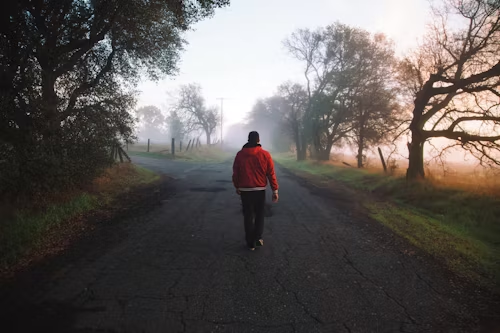Vaccine and Mask use
Vaccines developed by Pfizer and Moderna are extraordinarily effective in preventing new deadly diseases such as code-19, but it is unclear whether they are linked to the spread of the corona virus. How to prevent it completely. In fact, in the testing phases of vaccines from both Pfizer and Moderna, it was only known how many people were vaccinated.
19. This suggests that some vaccinated people may have contracted the disease again without showing any symptoms. These people can quietly transmit the corona virus to others. Especially when they are close to other people or not wearing masks.
If vaccinated people can quietly transmit the virus, they can spread the virus to people in their families and neighborhoods and put them at risk who have not been vaccinated.
Immunologist Michael Tal, who teaches at Stanford University, said many people are wondering why they need to wear a mask once they have been vaccinated. It was a turning point for them to realize that if they did not wear masks, they could relapse into this deadly disease.
Most infections that affect the respiratory system, including the corona virus, are the main port of entry into the nose. The number of viruses in the nose increases rapidly and affects the immune system, causing a Antibodies are produced, which are specific to the mucous membrane, the mucous membrane. The mucous membrane is a tissue lining that covers the walls of the nose, mouth, lungs and stomach. happens.
If the same person is re-infected with the virus, who has been vaccinated with the vaccine, the antibodies, as well as the immune cells that recognize the virus, can quickly infect the virus in the nose before it infects any part of the body. Shut down
The coronavirus vaccine is administered intramuscularly, so the drug goes deeper and stimulates the immune system to produce antibodies.
This process significantly saves the vaccinator from getting sick, some of these antibodies start circulating in the blood and go to the nasal mucosa, then stop there, but it's not clear. If the answer is not very positive, the virus increases its number in the nose and the virus can easily spread by sneezing or exhaling. It is also transmitted to people.
According to Marion Pepper, an immunologist at the University of Washington in Seattle, it's like a race. It depends on whether the virus multiplies rapidly or whether the immune system overpowers the virus. Experts say that this is why the vaccine used for nasal mucous membranes is similar to nasal spray or oral polio vaccine.
This is better than intramuscular injections to protect against respiratory viruses. The next generation of coronavirus vaccines may also show immunity in the nose and the rest of the respiratory tract, where it The need is greater, but people can also inject into the muscles, which affects the salivary membranes and awakens the immune system in the nose and throat and causes the production of protective antibodies.
Corona virus vaccines have proven to be a powerful shield against this deadly disease, but they are not guaranteed to be effective in the nose. The lungs have more access to reach the lungs to spread antibodies than to the nose or throat. They are the epicenter or site of severe symptoms, but they enable the nose and throat to be easily protected.
Deepta BhattaCharya, an immunologist at the University of Arizona, says that sometimes it is easy to avoid a serious illness, but it is difficult to avoid a mild bean disease and it is the most difficult to protect against all infections. The vaccine is 95% effective in treating symptoms of the disease, so it is certainly no more effective than that vaccine.
Other experts say they have high hopes that the vaccines will control the virus that enters through the nose and throat, and that people who have been vaccinated with the vaccine can pass the virus on to other people. I don't think the risk of contracting the disease will go away once the vaccine develops an effective and strong immune system.
This was stated by Akilo Iwasaki, an immunologist at Yale University.
Vaccine trials have not revealed data on how many people who were vaccinated were re-infected with the virus, but they did not show any symptoms. The results were released in November, which showed that the vaccine could protect against certain infections.
According to Pfizer spokeswoman Jerica Pitts, the company will conduct a test for antibodies against a viral protein called N, which will involve a few volunteers.
https://www.visit-easy.com/presentation?r=13058

learnt many things from this site. keep it up. Info Mehfil
ReplyDelete